

ELLIS PhD Award
ELLIS has established the ELLIS PhD Award to recognize and encourage outstanding research achievements during the dissertation phase in artificial intelligence and machine learning related fields (including computer vision and robotics).
The ELLIS PhD Award is sponsored by the Kühborth Stiftung GmbH. Each awardee will receive Euro 2,500 prize money. Typically, there will be two awards per calendar year, one given to a female researcher and one to a male researcher.
How to Nominate an Outstanding Researcher
Nomination
The nomination must include:
A short summary (1-3 pages) of the main research achievements of the dissertation
2-3 of the most important publications resulting from the dissertation
A scan of the dissertation certificate (which includes the date of the defense)
Final version of the dissertation as pdf (or link to pdf)
The candidate's CV
A short laudation (40-80 words)
Please use this template (pdf) (latex) to nominate a candidate and send the nomination (preferably as a single pdf file) to phd-award@ellis.eu. The awards will be given during an ELLIS event in 2026. If you should have any questions, please send an email to phd-award@ellis.eu.
Please note that self-nomination by the author of the dissertation is not allowed.
Deadline
The deadline for nominating a dissertation for the year 2025 is:
April 15, 2026 (End of Day, Anywhere on Earth)
Eligibility
Any European dissertation in the area of artificial intelligence and machine learning related fields (including computer vision and robotics) that has been defended in 2025 can be nominated. A dissertation is considered European if the dissertation has been performed primarily at a European research institution.
Selection Criteria
Dissertations will be reviewed for technical depth and significance of the research contribution and potential impact on theory and practice.
Kühborth Stiftung GmbH
Kühborth Stiftung GmbH is a foundation established by Dr. Dipl.-Ing. Wolfgang Kühborth and his wife Helga Kühborth to promote research and teaching in the fields of natural, technical and economic sciences. It was for this purpose that the founders transferred their shares of Klein Pumpen GmbH (today: Johannes und Jacob Klein GmbH) to the Kühborth Stiftung in 1994. Johannes und Jacob Klein GmbH holds more than 80 percent of the ordinary shares of KSB SE & Co. KGaA, one of the world's leading manufacturers of pumps and valves.
By sponsoring the ELLIS PhD Award, the Kühborth Stiftung aims
to support advances in artificial intelligence, one of the key technologies of the foreseeable future,
to promote academic excellence, and
to propagate the European idea.

